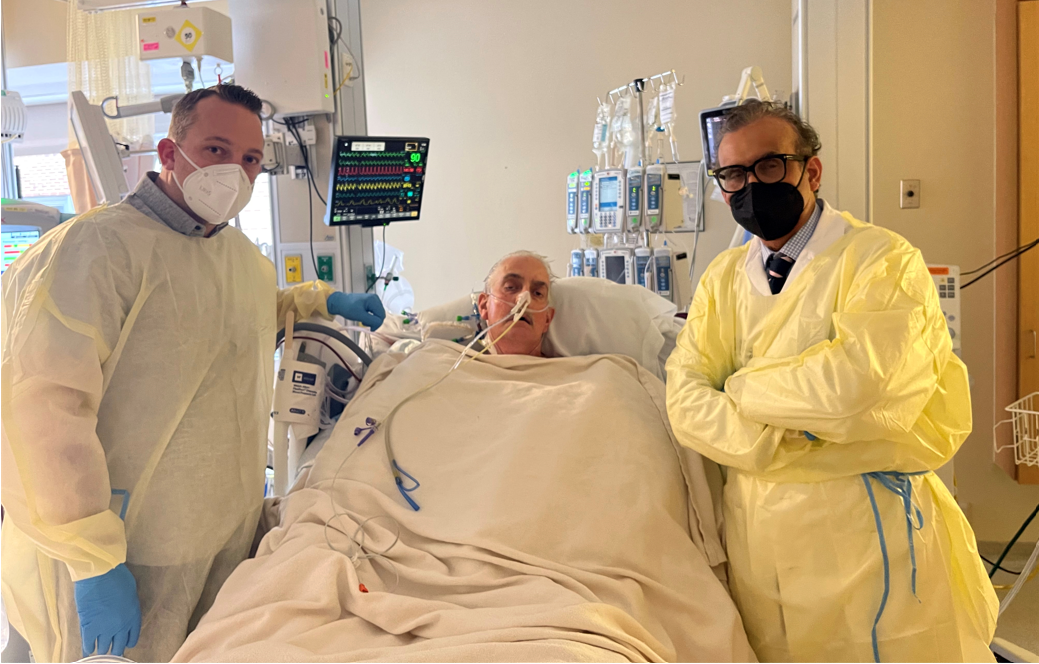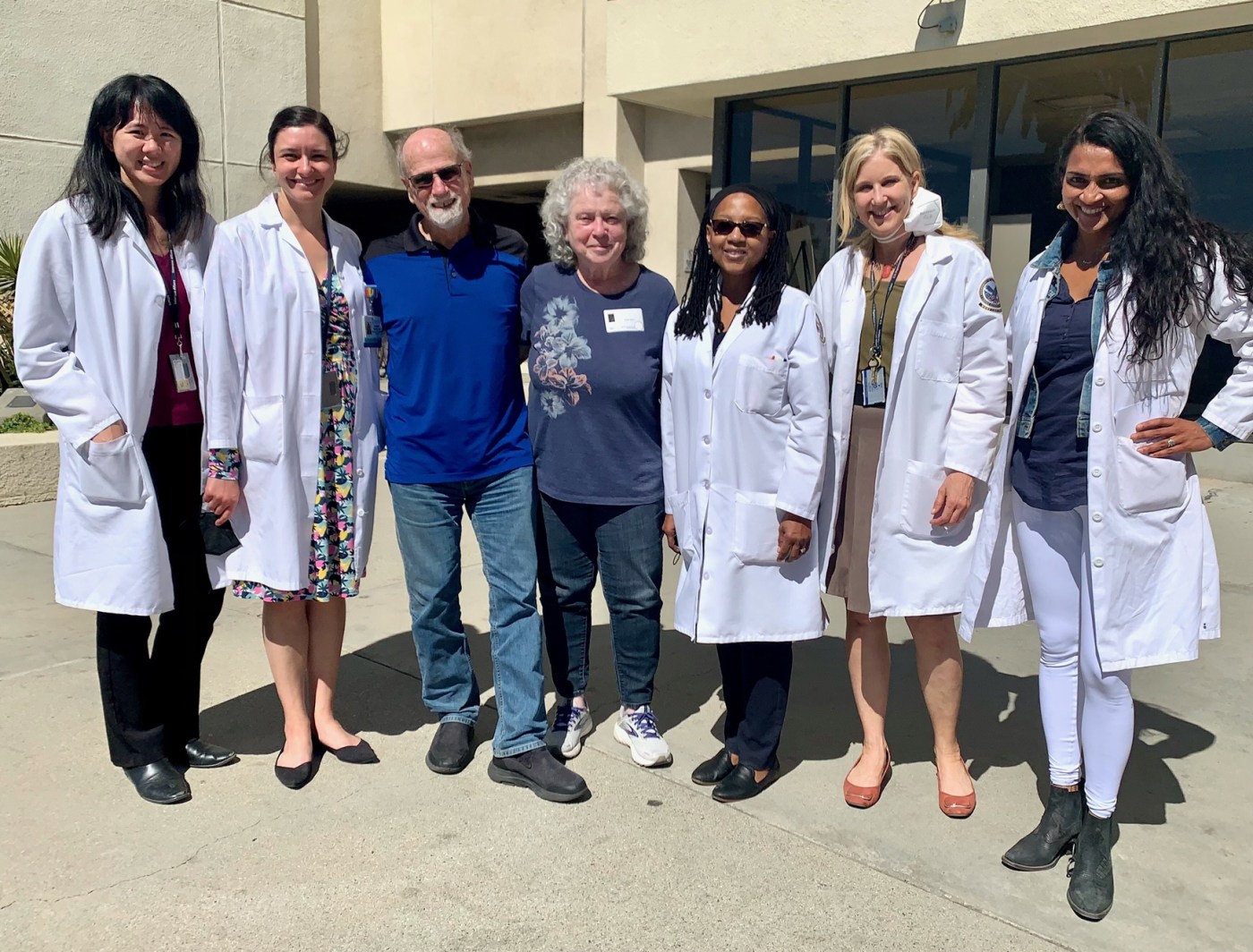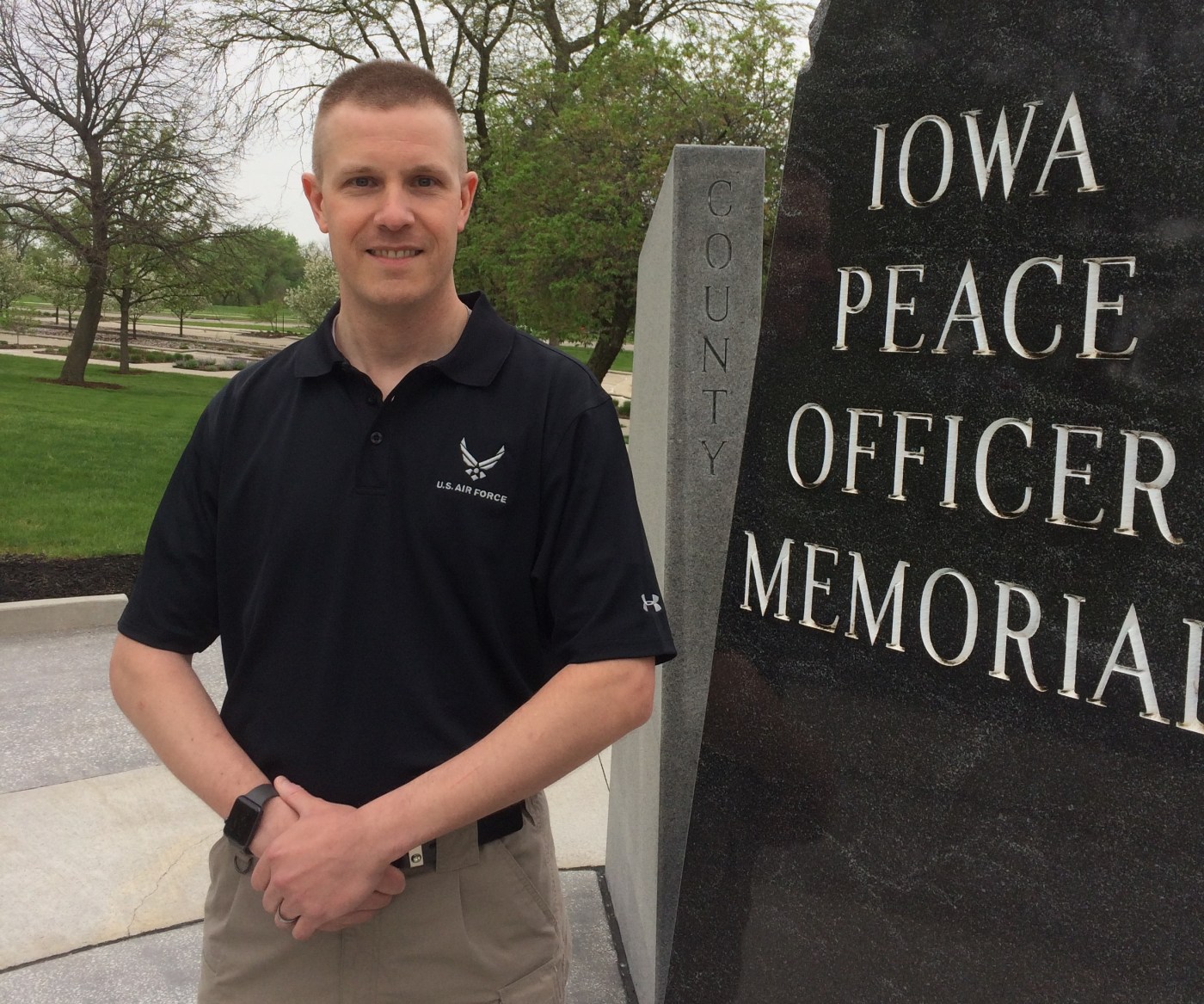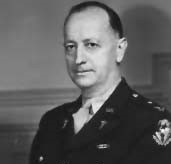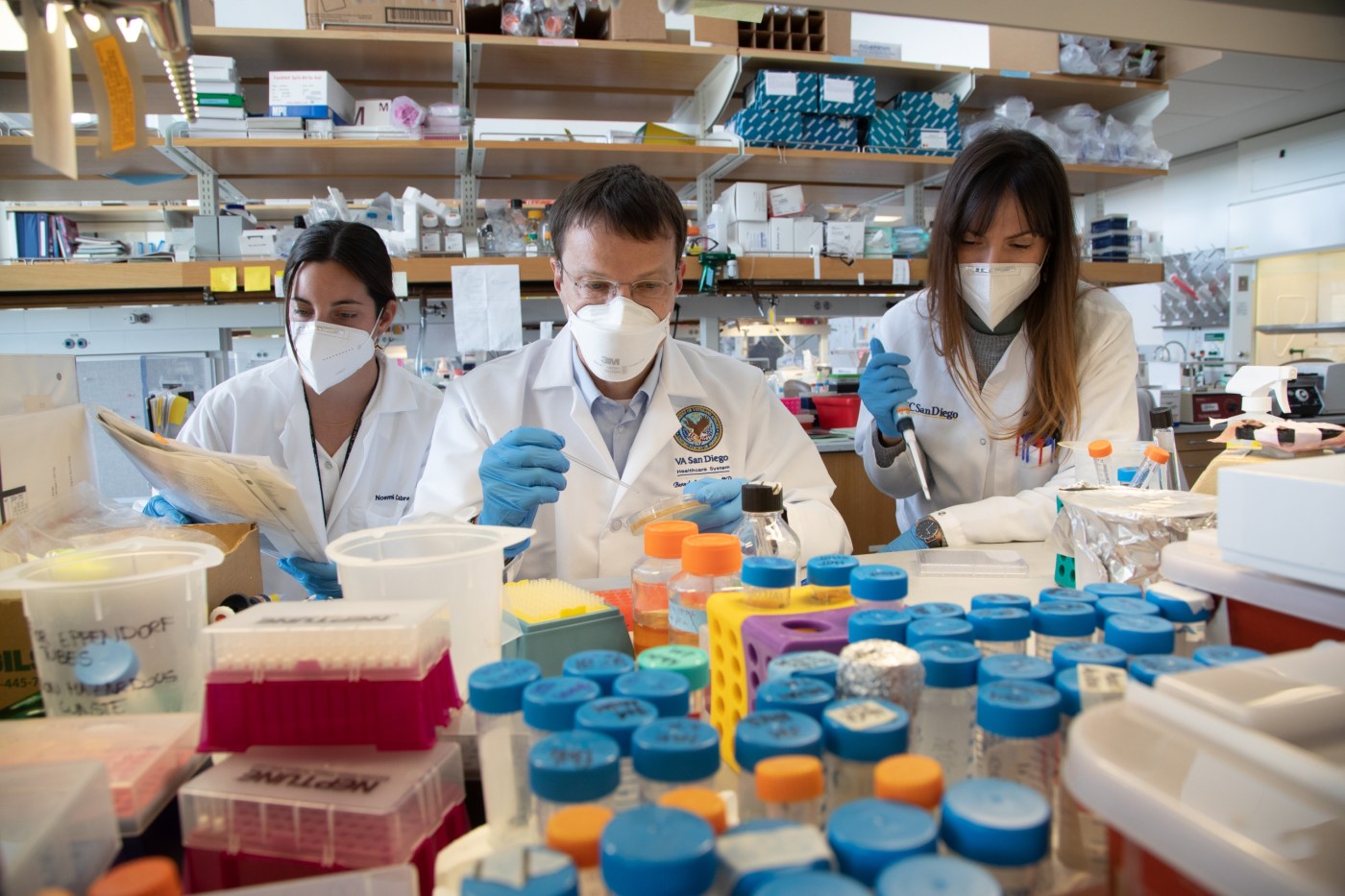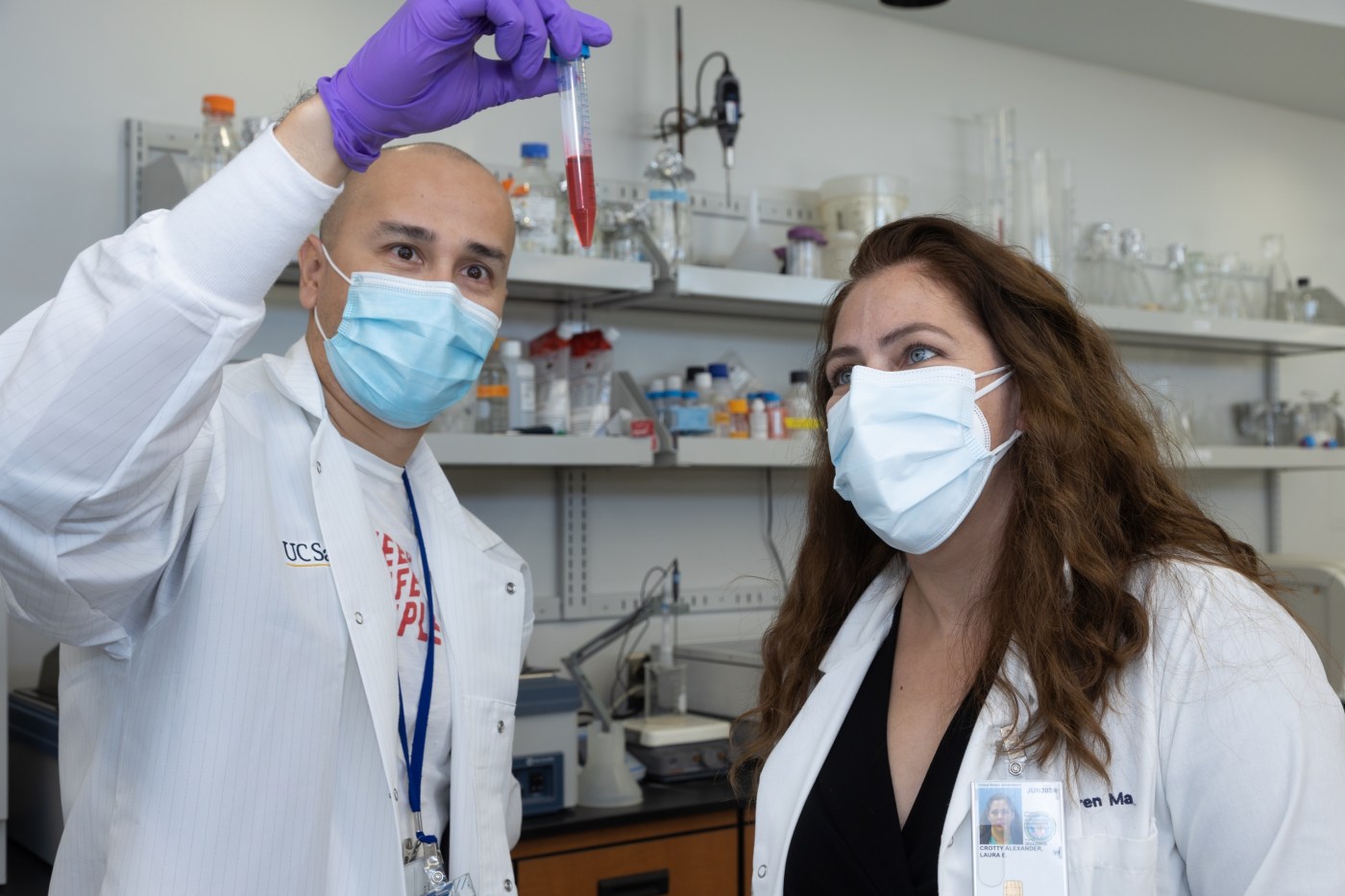VA-funded research starting in the 1990s helped uncover knowledge that proved to be key—along with findings by many other groups—to establishing the technique of transplanting a pig’s heart into a person. The researcher leading this work at VA was Dr. Richard Pierson, a specialist in thoracic and cardiac surgery who is now with Massachusetts General Hospital and Harvard University.
She led a case review that highlighted missed opportunities to screen a Veteran for suicidal ideation—thoughts of taking one’s own life—and to provide appropriate follow-up care during an emergency department (ED) visit. The case review, part of a larger study on ED care, appeared in the Journal of Emergency Nursing in November 2021.
VE-HEROeS is the first nationwide survey of both the physical and mental health of Vietnam War Veterans in more than 30 years. It sought survey data from more than 45,000 Vietnam-era Veterans, as well as 11,000 matched controls.
April is Parkinson’s Disease Awareness Month. More than 110,000 Veterans […]
While on deployment, Marino became confused, forgetful, angry, and depressed, and he struggled to perform his regular duties. “The depression took me to a very, very dark place, and I was quite ready to take my own life,” he said.
Finding out what is truly important to you at your core and what you are good at are keys to success. However, this is not easy. Failure is part of that process. But once you find something that clicks, it’s an amazing feeling, and opportunities appear when you least expect them.
When asked about the overall quality of care HBPC-enrolled Veterans received during the last 30 days of life, 53% of family members gave an overall rating of "excellent," using the Bereaved Family Survey (BFS).
The article discussed the results of an earlier study by Kamdar and colleagues that used photo-elicitation to better understand food insecurity in a group of post 9/11 Veterans with children. The researchers found that food insecurity in Veterans is highly intertwined with physical and mental health, military culture, and lack of basic resources like housing or transportation.
Today, the William S. Middleton Award (Middleton Award) is the highest honor presented by the Biomedical Laboratory Research and Development Service in VA’s Office of Research and Development. Established in 1960, the annual award honors senior VA biomedical research scientists for their outstanding achievements in biomedical and bio-behavioral research relevant to the health care of Veterans.
Called bacteriophages, or phages, these viruses cannot infect human cells. Phages are incredibly diverse and exist everywhere in the environment, including in our bodies; in fact, humans contain more phages than human cells.
As substantiated in the review, a convincing body of evidence exists that confirms e-cigarettes cause lung inflammation and injury, as well as negative health effects in multiple organs. Crotty Alexander says e-cigarettes come with far more dangers than even she expected.
Dr. Sarah Martindale, a research scientist at the W.G. (Bill) Hefner VA Medical Center in Salisbury, North Carolina, and a member of VA’s Mid-Atlantic MIRECC (Mental Illness Research Education and Clinical Center), led the study. Dr. Jared Rowland, Dr. Anna Ord, and Lakeysha Rule, all of whom are also affiliated with the Salisbury VA and the Mid-Atlantic MIRECC, co-authored the paper.

